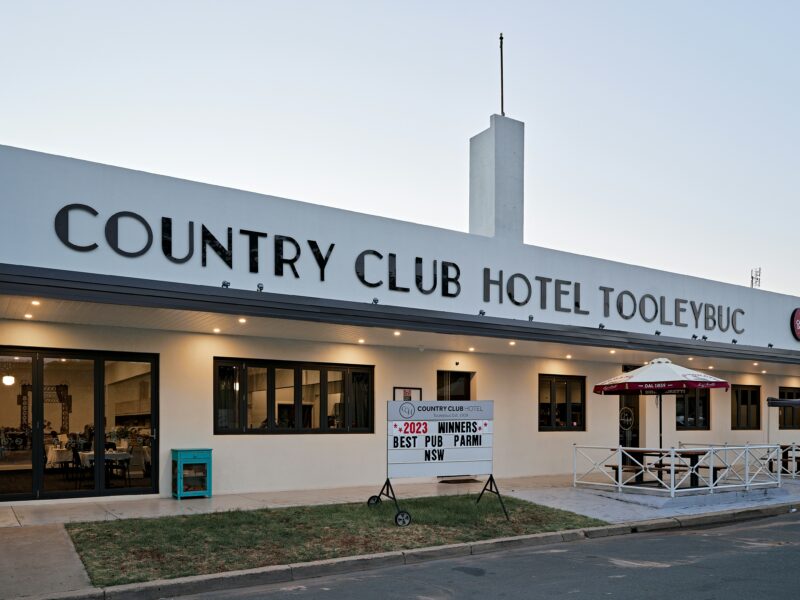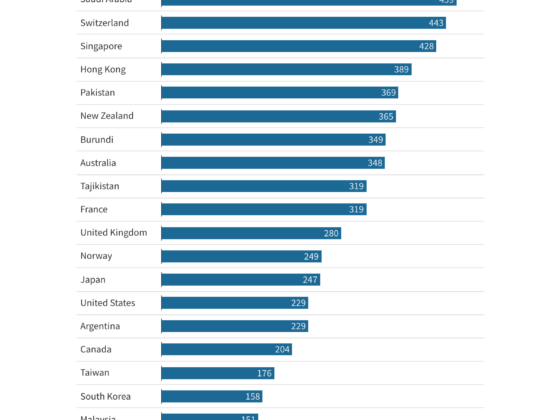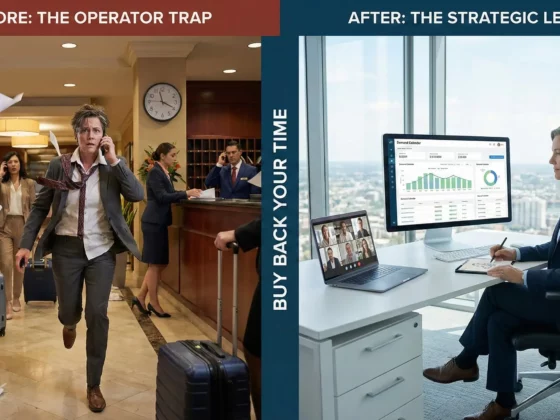Aqua-Aston Hospitality, a management company that has been closely associated with Hawaii since 1948 and has 25 properties in the state, announced earlier this year that it would be opening a dual-branded Fairfield Inn & Suites and TownePlace Suites in Tempe, Ariz. It was a dramatic leap across the Pacific for the company, leading to the question: Why, when and how does a company move into a new market?
Andrea Mue, managing director of Aqua-Aston Hospitality, said the company targets locations or markets where demand generators have solid historical track records but are also projected to grow in the future. In addition to markets with growing appeal, said Mue, Aqua-Aston looks at more “tired” areas of a destination that are going through a renaissance—significant new capital investments, large redevelopments of existing areas and zones and new businesses and amenities that could support a property.
Even major lodging companies, such as Hilton, continuously enter destinations where they have been absent before. Recently, for example, Hilton announced that it was entering no fewer than five new markets: Bermuda, Paraguay, Nepal, Laos and Timor-Leste.
Developers and management companies regularly venture afield, too. Hotel Equities, a management company based in the Atlanta area, recently announced its selection as the management partner for a Hampton by Hilton hotel in St. Thomas, U.S. Virgin Islands, the first new hotel development in the islands in more than 30 years.
Joe Reardon, chief development officer for Hotel Equities, said there are multiple reasons for entering a new market, including an area needing expertise in a particular hotel classification or segment. Historically, he said, the company has moved outside the continental U.S. because brand partners have asked it to do so as they expand their reach and want top-tier operators in the global markets they serve.
Of course, said Reardon, the demand must be there for a hotel to make sense. Often, the company joins developers early in development to determine if that is the case.
Hotel Equities, said Reardon, only enters markets after doing its homework. The company spent over a year immersing itself in the ins and outs of operating in both Canada and the Caribbean and Latin America (CALA) before inking its first deals in those destinations. One key, he said, is the “people piece.” It only works, said Reardon, “If we’re physically based in a market, running hotels with people from the area who are ingrained in the culture of a location.”
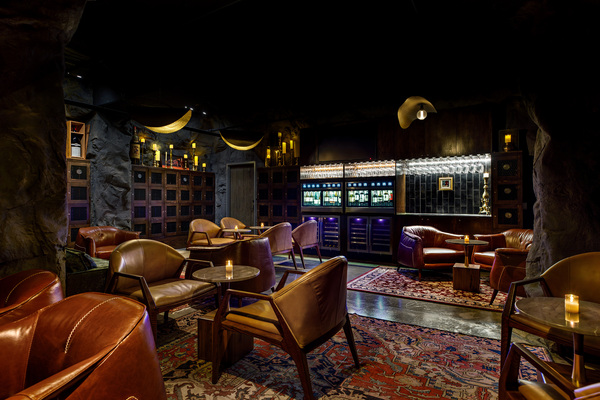
BRANDS LOOK
Jim Tierney, SVP of development and owner relations for Hyatt Hotels Corp., said the company won’t grow just for the sake of growing, but rather focuses on markets that matter most to guests and World of Hyatt members. By carefully assessing trends, changes in travel patterns and evolving traveler needs, said Tierney, “We collaborate with owners to decide what brand best fits each destination and meets a currently unmet need.”
From there, said Tierney, the specific factors include feasibility studies, market performance reports, the presence of the competitive set (chain scale, age of competitive set, average key count, etc.), surrounding amenities, like retail, entertainment, food and beverage options, and if multiple demand generators are present.
Laurent de Kousemaeker, Marriott International’s chief development officer for the Caribbean and Latin America, has overseen massive expansion into that region and said development decisions begin with asking four questions: Is there a demand for this product? Is there infrastructure? Is there sufficient capital? Does it make sense in the portfolio ecosystem?
After answering all of those questions, said de Kousemaeker, the company performs a feasibility study to decide on potential ROI. Many times, he said, owners will come to Marriott and request a certain brand. If they want a luxury product, like a JW Marriott, “We will show them the numbers to demonstrate whether or not it makes sense,” he said. “We always look at it from their perspective and advise them on what works from the price point. We are also looking for a product that offers differentiation in the market.”
Andrew Mungul, director of business development at management company Coury Hospitality, said that when the operator launched Vin hotels, a mini-chain that focuses on wine, a prime consideration was proximity to relevant business drivers. If that works in one location, he said, Coury will look for similar characteristics in other markets. That’s why, he said, the first two Vin locations are in Grapevine, Texas, and Rogers, Ark. “We landed on Rogers,” said Mungul, “because it fit the bill with a strong economic climate, highly educated [population] with disposable income and a lot of white space in the culinary area.”
The first step in entering a new market for Remington Hospitality, said Jason Reader, COO, is what brands are available based on territory requirements. It also must be the right fit: If it’s a three-star market, he said, it won’t be an Autograph Collection, Marriott International’s upper upscale soft brand. After that, Remington works with the owner on economics, which will include many criteria, including airlift.
The most important factor in these considerations, said Bill Fortier, SVP of development, Americas for Hilton, is guest demand. The company, he said, works with owners to introduce the kinds of hotels that make sense for their guests, the hotels that will be competing with it and whether there is an appropriate location that ticks the boxes for a Hilton brand.
In some cases, said Fortier, there’s already clear demand and, perhaps with a newer brand, market needs have been addressed. In other cases, he said, “We’re taking a bet on a growing market because we see opportunity to capitalize on travel demand for years to come.”
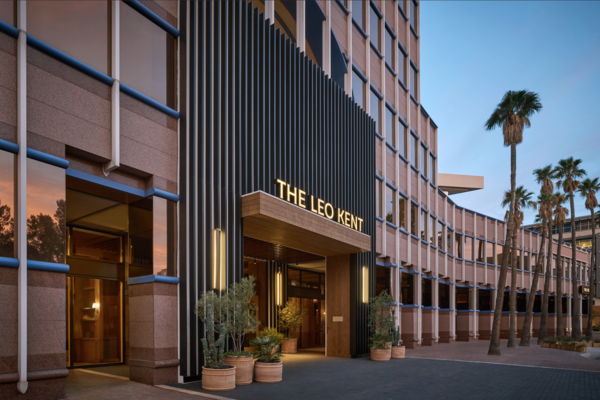
WHICH PRODUCT & WHERE?
With hotel operators having portfolios of up to 30-plus brands, a major decision is choosing the right one. Together with its development and owner partners, said Mue, Aqua-Aston analyzes the market to determine the optimal price point and business mix or market segmentation that the property can support. This includes deciding whether the property should be a three-star or four-star, branded, soft branded or independent hotel, as well as the type of product, such as a traditional hotel, all-suite hotel, condominium hotel or extended stay.
The latest example of Hyatt’s “thoughtful growth,” said Tierney, is the expansion into the upper-midscale, extended-stay category with Hyatt Studios. The new brand addressed a whitespace for Hyatt, he said, that allows for entering new markets where Hyatt hadn’t been previously, especially in secondary and tertiary locales.
On the international front, said Fortier, Hilton will work with owners and developers to address demand with the brand that makes the most sense. If there’s a growing business travel segment traveling to a city like Asunción, Paraguay, it makes sense to introduce a focused-service brand close to key locations driving business travel, such as the World Trade Center Asunción. Similarly, if there’s investment in high-quality leisure, high-end shopping and an influx of high-net-worth individuals, it might make more sense to introduce a luxury brand.
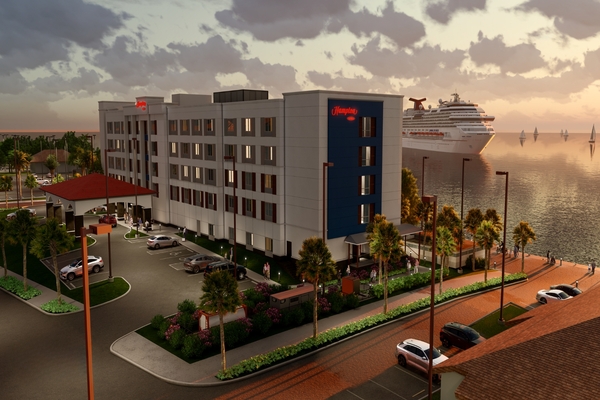
CRITICAL MASS
It’s not necessary, said Reardon, to have critical mass, like the presence of other brands in the portfolio, at entry, but the company moves into a market well prepared for expansion “because when it does its job well it gets attention and is the catalyst for expansion,” he said. There is no more effective marketing as a management company, he added, than to outperform the competitive set in the markets where it operates.
Opening several hotels in quick succession after marking new territory, said Fortier, enables Hilton to capture more demand and build a reputation.
Hotel Equities, noted Reardon, entered the Canadian market in 2018 with two hotels and has grown that to more than 40 with 10 in development. It now has a Canada headquarters based in Edmonton, Alberta, and two regional offices near where hotels are clustered. The same cadence will follow for the operator’s recent entry into the Caribbean and Latin America markets.
When selecting markets, said Mue, it is always a good practice to consider a “hub and spoke” development approach. Therefore, whenever possible and appropriate, Aqua-Aston will work to leverage existing regional/corporate operations and sales and marketing efforts that would assist in maximizing revenues and minimizing costs for owners and developers.
In the end, as with all deals—new market or not— connections are critical. As Reardon said, “The company’s north star is always who we partner with and the relationship we have with them.”
Story contributed by Harvey Chipkin.


